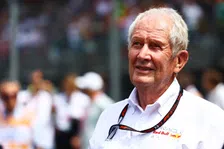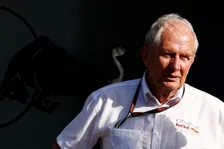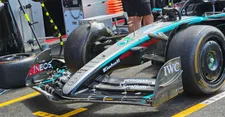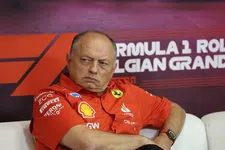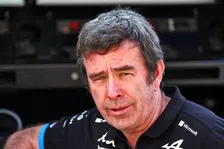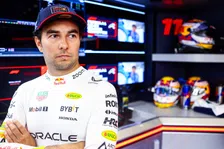Plan to end gardening leave in F1? 'A year is a long time in our sport'
F1 News

- Ludo van Denderen
For David Sanchez and McLaren, it was a partnership to quickly forget. The Frenchman had barely been in office as technical director of 'Car Concept and Performance' for three months before he left again. The job did not turn out the way Sanchez had imagined, after which McLaren had to make another necessary management shuffle.
Finding the best staff is extremely difficult for the top of an F1 organisation, especially if they need to start at short notice. Especially in the top jobs, it is natural for someone to sit at home with so-called gardening leave for a year before starting a new job.
"I think the first thing is a year is a long time in our sport, but that's how long we're typically waiting now for top tier talent to come in," said James Vowles, who is in a build-up phase with Williams as team boss. This takes longer partly because the people who need to take the team forward are sitting at home twiddling their thumbs.
Williams recognises McLaren situation
Therefore, Vowles says: "We're in the same position. We have many hires that we've made, but it'll be a while before they come in. So you have to keep moving. You have to keep developing the organisation around that. And I don't know the specific case with McLaren, but it may well be that they've had to bring the organisation up to speed, because fundamentally we're in a very close fought race between all of us and that migrated the role from something different. The key behind it is creating enough structure that you can, when you have good hires coming in, that they can slot into an organization without that role disappearing, which is, I hope, what we're creating for the future."
McLaren, therefore, had to restructure the organisation again after Sanchez's departure. Vowles recognises the situation for his own Williams. "It's why I keep talking about 24 and 25 aren't the most important years. What's important is creating long-term stability and foundations onwards from that. And a key part of that is creating roles and structure that you know are going to be correct in two years, not today."







